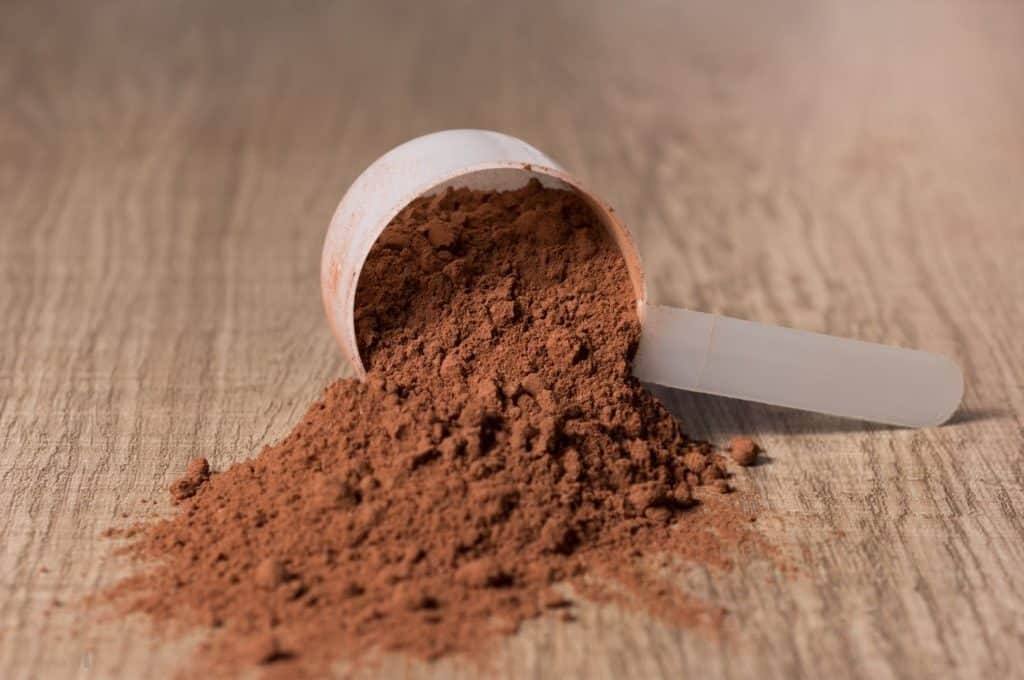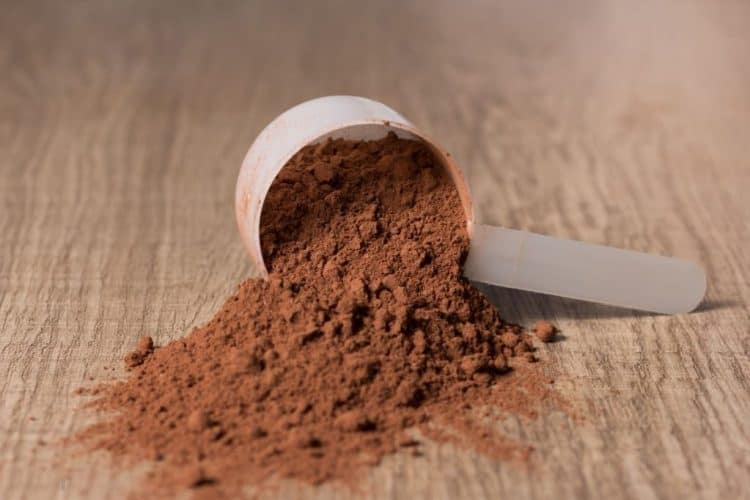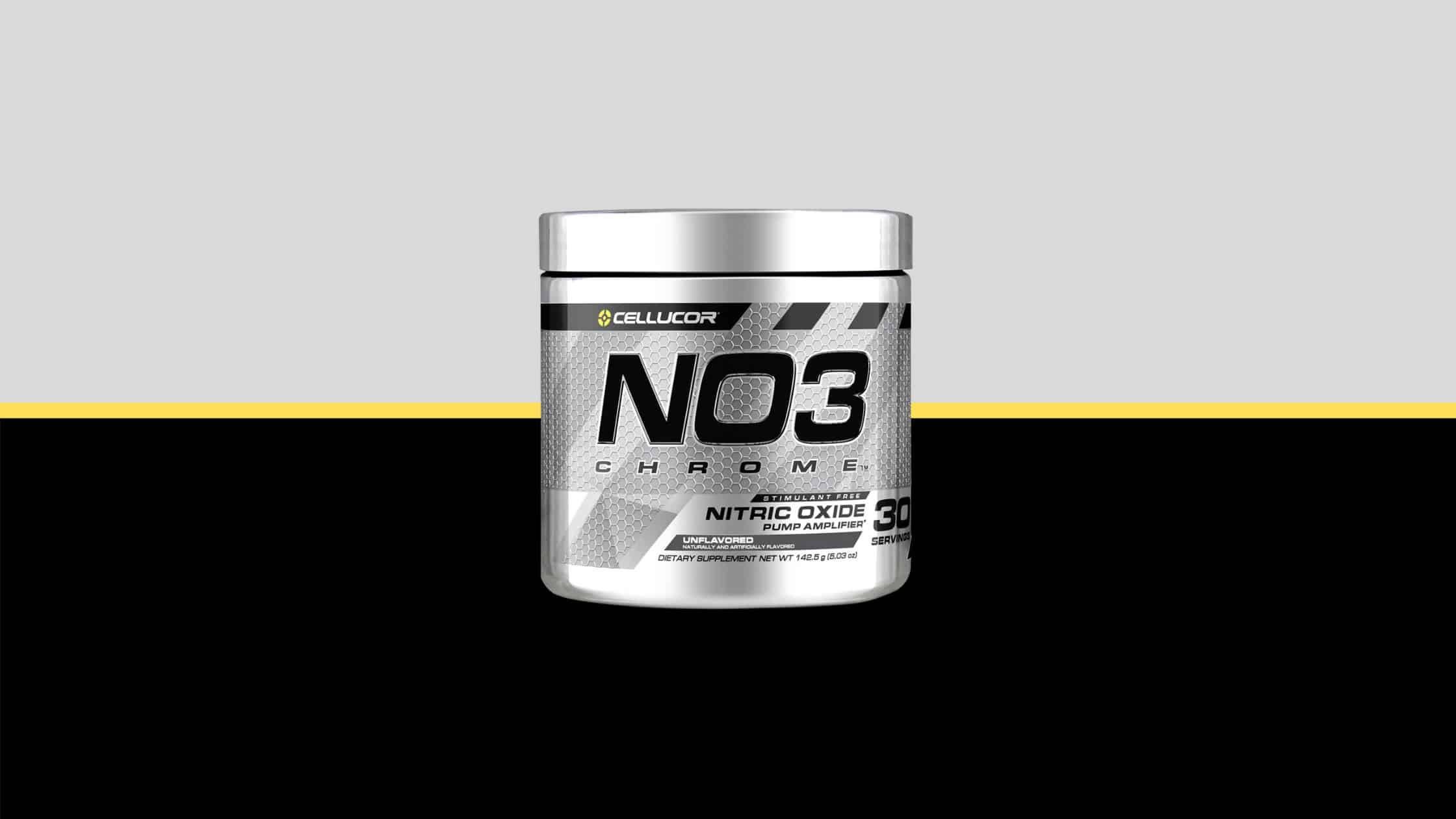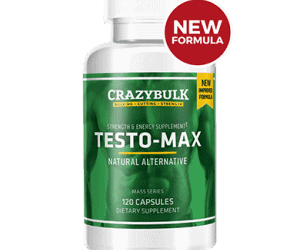Every cell of the human body is made up of around 20% protein. But, we can’t store enough protein in our body. So, a sufficient amount of protein intake is necessary each day, through a balanced diet. We usually get protein from a variety of animal and plant sources that usually come with several other nutrients, including amino acids.
Primarily, there are 20 types of amino acids needed for proper growth and muscle maintenance. Interestingly, the human body can produce many of them, all by itself. These are called non-essential amino acids. But, there are still nine amino acids that our body cannot produce. Those are called essential amino acids.
A source of protein that contains only protein is truly rare to find in nature. Animal protein tends to have higher amounts of those nutrients, while they are insufficiently present in plant sources. But, consuming too much animal protein has many disadvantages. Red meat acid, for instance, is linked with various health complications, like cardiovascular diseases, or even stroke.
Doctors recommend a balanced diet with more plant protein and less animal protein, especially red meat. This will not only maintain ideal body weight but also control the blood glucose and cholesterol levels. Besides, you can consume some protein supplements which can be extremely beneficial.

Here are the details of the different types of protein powders
1. Whey Protein
To put it simply – whey is the clear watery liquid that separates from the milk during the process of cheese-making. It is often considered as a complete protein as it has all the nine amino acids. Besides, it is extremely low in lactose content that can cause allergy to a few people. There are mainly three types of whey proteins available in the markets. These are –
a) Concentrate (WPC) – Whey concentrates have a low level of carbohydrate and fat content.
b) Isolate (WPI) – WPC is even further processed to make isolates with lower lactose and fat content. They often contain as high as 90% pure protein.
c) Hydrolysate (WPH). It is made after undergoing partial hydrolysis, a process necessary for the human body to absorb the protein efficiently. Hence, its digestibility is better than other forms of whey protein.
Besides proper resistance training, consuming whey protein genuinely promotes the overall growth of lean muscle. Whey protein is also consumed by the pro athletes to increase their strength and stamina. According to a recent study, obese people can witness significant fat loss by consuming whey protein.
2. Grass-Fed Whey Protein
Grass-fed whey protein is actually a variant of whey protein; in this case, the milk, from which it is made, comes from 100% grass-fed cows. The diet of the cattle is completely natural and grass-based. So, the milk is free from GMO and growth hormones like rBGH and rBST.
Cows that consume grains and genetically-modified food often get antibiotic injections to avoid sickness. Besides, farmers also boost them with growth hormones to beef them up as quickly as possible to get more profit. They are often charged with a high dosage of steroids to increase their beef output.
But, grass-fed cows are raised in what can be called a traditional manner. They graze and roam freely on the grassy fields. It is found that grass-fed cow’s milk has higher amounts of Omega-3, vitamin B, vitamin E, calcium, potassium, magnesium, and Conjugated Linoleic Acid (CLA). It is much more superior in terms of nutritional benefits and is also free from any growth hormone or antibiotics.
Grass-fed whey protein also has more lysozyme, lactoferrin, and beta-lactoglobulin than grain-fed whey. Besides, grass-feeding is also preferred by environment-conscious consumers. Organic farming is beneficial for the planet. The procedure also does not torture cows with growth hormones and shady living conditions.
3. Casein Protein
80% of the protein in cow’s milk is actually casein. It is even higher in the milk of buffalo and sheep. And, in human milk, around 20-45% of the protein content is casein. Besides being one of the main components of cheese, casein has several uses. Casein contains a good supply of amino acids, carbohydrates, calcium, and phosphorus.
It not easily absorbable in the human body and often forms a clot or gel in the stomach. And, this property makes it an effective source of nutrient supply. In addition, the gel or clot can provide a sustained release of vital nutrients and amino acids in the bloodstream through the digestive system. This process can last for many hours.
Casein is often found in the hydrolyzed form. For this, it is processed by an enzyme called protease, which can include trypsin. However, a few people are extremely sensitive and allergic to casein. So, casein protein may not be for everyone. However, for those who can consume it without any problem, it can enhance athletic performance, according to a new study.
It is found that the combination of whey and casein can deliver better performance than the combination of whey, glutamine, and BCAA in athletes. It is also said that casein can effectively protect the negative effect of enamel erosion in our teeth. Naturally, it has become one of the most popular sources of protein derived from animals.
4. Egg-White Protein
Egg white is made of 10% protein and 90% water. However, egg is an often-debated food due to its high cholesterol and saturated fat content. But, the cholesterol content and the fat content exist only in the yolk. And, the white portion of the egg mainly consists of beneficial proteins such as albumins, globulins, and mucoprotein.
Egg white contains less than 1% carbohydrate and almost no fat at all. Besides, it stores around 56% of the total protein content in the whole egg. Every 30-gram serving of egg-white powder can contain as much as 25 grams of pure protein. The egg-white powder has a great protein to calorie ration as is completely free from unhealthy fat contents.
Besides, this powder is absolutely lactose-free to make it suitable for people with lactose intolerance or casein allergy. The protein content of the egg-white is easily digestible. So, pro athletes and fitness enthusiasts consume good amounts of egg-whites each day. And, most manufacturers process egg-white powder within a day of hatching, to maintain its optimum nutritional value.
5. Hemp Protein
Hemp protein powder is made by grinding hemp seeds into a fine dust. It is one of the most popular variants of vegan protein sources and has a distinct nutty taste that goes well with smoothies or shakes. This high-quality vegan protein contains healthy fats, dietary fiber, and vital nutrients.
Besides, it contains all nine essential amino acids. The amino acid profile of this protein is quite similar to that of soy protein or egg-white protein. A 30-gram serving of Hemp protein can contain up to 15 grams of pure protein and has just around 120 calories. It is, without a doubt, a high-quality protein source.
It can boost you with the same benefits as the egg whites, without consuming excess calories or animal protein. In general, animal proteins are easier to digest than plant proteins. But, around 98% protein content of hemp protein powder is very easy to digest. As a result, it has fast become a popular option for vegans.
Researchers believe that the efficient digestibility of hemp protein comes from two of its main ingredients – edestin and albumin. Besides the amino acid profiles, hemp protein powder usually contains around 10% fat content in it. It has a near-perfect omega-6 to omega-3 ratio of 3:1 that is beneficial for a balanced diet.
6. Pea Protein
Pea protein is extracted from the yellow pea called Pisum sativum. It has an excellent legume amino acid profile. Many food manufacturers often use pea protein as an alternative to meat. It is also used as a substitute for dairy products, such as yogurt and cheese in a vegan diet. It also blends quite well with almost any beverages without leaving any residue.
It is completely neutral in taste and can mixes easily with shakes and beverages. The legumin found in pea protein is quite similar in properties to casein. Besides, it is often consumed as a vegan alternative to whey protein. According to recent research, pea protein is one of the most easily digestible plant-based proteins.
It has an excellent profile of branched-chain amino acids. The main BCAA in pea protein called arginine can improve blood flow and cardiovascular health. Besides, the isoleucine, leucine, and valine content promote better muscle growth. Besides, it contains up to 7.5 mg of iron per serving that is around 42% of the recommended iron intake for women and around 94% for men.
7. Soy Protein
Soy protein is mainly derived from the soy isolate. This isolate is made from dehulled and defatted soybean meal. It contains almost no cholesterol and a negligible amount of fat. A good quality soy protein isolate has up to 90% pure protein content on a moisture-free environment. Besides, soy protein concentrate has around 70% protein content and is free from any water-soluble carbohydrate content.
It has the full spectrum of essential amino acids that are vital for human nutrition. The branched-chain amino acids found in soy protein are exceptional in muscle building. Besides, the essential amino acids also play a crucial role in overall muscle development. But, soy protein may contain an anti-nutrient called phytates that can adversely affect your health condition.
On a protein synthesis scale, soy protein stands somewhere in the middle of whey and casein proteins which is fairly good for the human digestive system. According to recent research works, the combination of soy and dairy protein can assure maximum protein synthesis, rather than whey or casein protein alone.
8. Rice Protein
Rice protein is derived after treating rice powder with enzymes that separate the carbohydrate content from protein. Brown rice has more protein content than white rice. And, as a result, rice protein is mainly made from brown rice. It is a common alternative to whey or casein protein for the vegans. You can pick from a variety of added flavors. Besides, it is easily soluble.
It has a medium digestibility, lying between whey and casein. Rice protein has high bioavailability. However, it is not as unpleasant as high bioavailability protein sources that are quite bitter. In fact, it has a distinct taste that sets it apart. It is extremely high in the amino acids called cysteine and methionine.
But, it doesn’t have enough of lysine. It is often mixed with pea protein that is high in lysine to make an ideal blend of all the essential amino acids. Many people are allergic to lactose, eggs, gluten contents, and nuts. Besides, many people respond negatively to soy protein. And in those cases, rice protein can be an excellent alternative.
9. Mixed Plant Protein
Plant proteins can be derived from seeds, grains, and legumes, after removing the carbohydrate and fat content. But, not all the plant proteins have all the vital nutrients. So, different plant proteins are blended together to get an optimum formula. This way, the manufacturers can create a great vegan protein supplement with all the essential amino acids.
As we already discussed, pea protein is rich in lysine, and rice protein is a great source of methionine. So, the blend of these two proteins can provide a balanced amino acid profile. Quinoa protein is one of the few plant-based proteins that have the full-spectrum of vital protein compositions. And for that, it is often mixed with other plant-based proteins.
Mixed plant protein sources often contain added enzymes to make them easily digestible, as plant protein is harder to digest than animal protein. However, a proper plant protein mix can assure all the vital nutrients, vitamins, and minerals besides the amino acids. As a result, you can make use of the best of vegan protein sources.
Do Read: Best MyProtein Flavors
Conclusion
A balanced diet that is low in processed meat and rich in plant protein can be the ideal choice for any athlete and fitness enthusiasts. Besides consuming fish, as well as meat, dairy, and eggs from grass-fed sources, you can also take protein powders with your favorite beverages. This will assure the required protein intake. But, you should check the nutritional facts before buying any protein powder.








